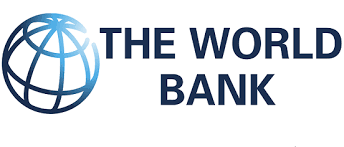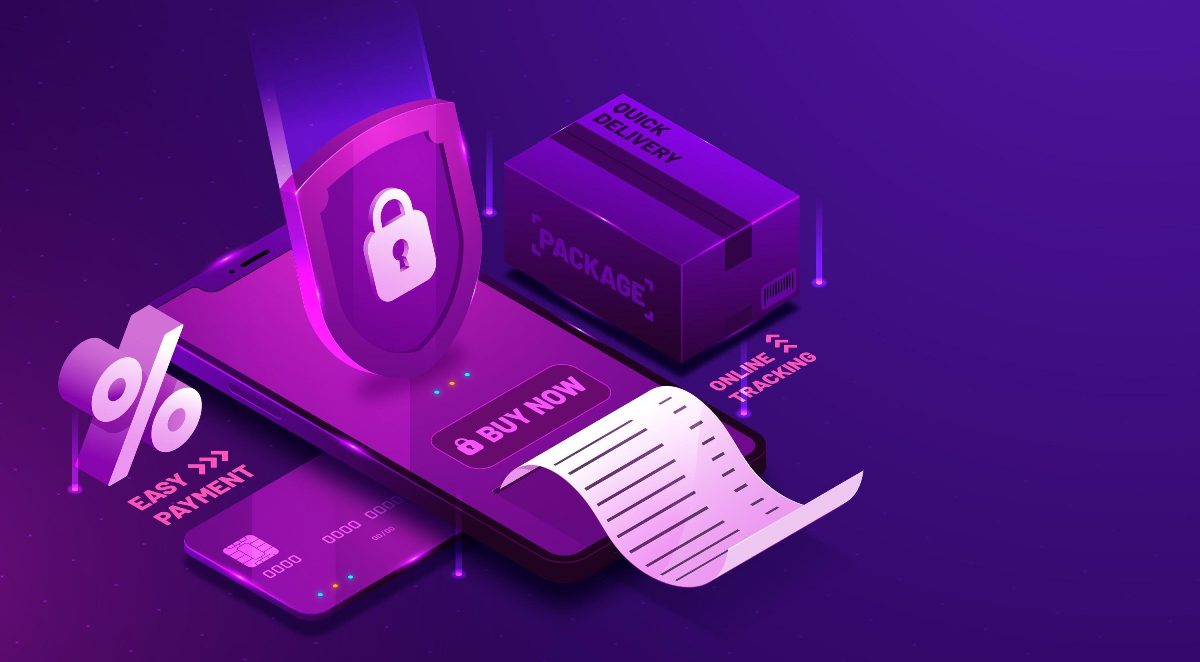Telecom
World Bank, GSMA Partner to Leverage IOT Big Data for Development

Jim Yong Kim, President, World Bank Group announced yesterday that the institution would partner with the GSMA and mobile network operators around the globe to harness big data from the Internet of Things (IoT) to help end extreme poverty and unlock new drivers of economic growth.
The initiative, announced at the GSMA Mobile World Congress 2018 in Barcelona, will unlock new insights from anonymized data collected by mobile network operators through IoT devices and aggregate data from smartphone use. It will also call on industry leaders, development partners and governments to work together in building a strong enabling environment for the IoT while protecting personal privacy.
This is the first broad scope initiative involving the mobile communications industry and a major multilateral development bank, and is convened by the GSMA, which represents nearly 800 mobile network operators and more than 300 companies in the broader mobile ecosystem.
The expansion of mobile networks has created a global infrastructure that generates enormous amounts of data that is invaluable for social and economic development. There are more than 3.8 billion unique mobile subscribers in developing countries; in these markets, more people have access to a mobile phone than to clean water or electricity.
GSMA Intelligence estimates there will be 25 billion connections to the Internet of Things globally by 2025, enabling everything from real-time crop monitoring to water leakage detection. Their rapidly growing use in developing countries can produce a wealth of insights for development work.
“The mobile network industry provides the connectivity that is essential for countries to unlock new drivers of economic growth, help make the global market system work for everyone, and meet the world’s rising aspirations,” World Bank Group President Jim Yong Kim said. “Through this initiative we will partner with the mobile industry to harness IoT, big data and other new technologies to solve the world’s largest challenges.”
“This new initiative with the World Bank Group will leverage the mobile networks that we have built and the services we deliver to address some of the most pressing challenges that our world faces today,” said Mats Granryd, Director General of the GSMA.
“With IoT and big data, we have the ability to provide insights that can be used across a wide range of applications, from agriculture to environmental protection and beyond. We are pleased to be working with the World Bank on this critical initiative and encourage our operator members globally to join in this effort.”
The initiative calls on mobile operators to use data that they collect through their existing IoT services or through new pilots and partnerships to provide insights and analysis to design and improve projects. This can potentially boost development outcomes from World Bank Group projects – in the last fiscal year, the institution committed approximately $62 billion for new projects in middle- and low-income countries.
Operators and governments will also benefit from increased use of big data for development, as it can enable better service provision, creation of new indicators and statistics, and better quality of life for users and citizens in general.
The World Bank Group already has successful examples of applying mobile-enabled IoT and big data to projects. In India, bangle-shaped sensors – wearable IoT data collection devices – allow users to automatically monitor harmful emissions from their stoves, and the data they generate is helping drive a shift to cleaner cookstoves.
Additionally, the World Bank Group will join the GSMA’s Big Data for Social Good Advisory Panel. The GSMA is a strong supporter of development initiatives that involve mobile networks and is one of the inaugural partners of the World Bank-led Digital Development Partnership – DDP.
Telecom
Mart Networks Rolls Out Tailored Cybersecurity Solution for Fintechs

Mart Networks, a leading cybersecurity distributor across Africa and the Middle East, has unveiled a specialized cybersecurity package tailored for fintech firms.

The solution, powered by Invinsense, Infopercept’s unified cybersecurity platform, aims to address the growing security needs of fintechs operating in highly regulated environments.
According to Moiz Maloo, Managing Director at Mart Networks, fintech companies face unique security challenges due to stringent regulatory requirements and increasing threats. “Most fintechs don’t have the luxury of multiple internal security teams or system integrators. With this focused offering, we’re providing an all-in-one platform with managed services built specifically for the fintech environment,” he said.
The offering integrates four key components: Invinsense XDR and Managed Detection & Response for real-time monitoring, Exposure Management for vulnerability detection, Security Compliance Management to support fintechs in meeting regulatory standards, and Cybersecurity Awareness Programs to empower teams against cyber threats.
Furthermore, the package includes deep application visibility, ensuring fintech-specific applications remain secure through Invinsense SIEM’s custom log ingestion capabilities. To reinforce protection, Infopercept’s engineering team will provide code-level fixes, patches, and infrastructure security enhancements.
With the rise of cloud-based fintech operations, the solution also incorporates full-stack cloud security, including API security, Cloud Infrastructure Entitlement Management (CIEM), and Application Security Posture Management (ASPM).
Mart Networks’ move underscores the growing importance of cybersecurity in Africa’s fintech sector, as financial services become increasingly digital and susceptible to evolving cyber threats.
Telecom
Equinix Expands Digital Footprint in Nigeria with Launch of LG2.3 Data Center

Equinix, Inc. the world’s digital infrastructure company™, has officially opened its latest data center expansion in Lagos. Called LG2.3, the facility will support Nigeria’s growing digital transformation efforts, providing state-of-the-art colocation and secure interconnection solutions which will empower businesses across the region.

It also signifies Equinix’s unwavering dedication to advancing Nigeria’s position in the global digital economy, reinforcing the company’s commitment to the region.
As part of the inauguration, Bruce Owen, President of EMEA at Equinix, along with other Equinix executives, led the ribbon-cutting ceremony at the newly expanded site. In addition to an official visit to the Governor of Lagos State, Equinix hosted an exclusive customer engagement event, bringing together key customers and partners from Nigeria’s business and technology sectors.
Attendees discussed shared successes and Equinix’s role in facilitating digital transformation, while also connecting directly with Bruce Owen for insights into how Equinix’s solutions drive innovation and business agility in the region.
Equinix executives also took part in a tree-planting ceremony, symbolising Equinix’s continued investment in sustainable initiatives across the globe and highlighting the company’s broader goal of reducing its carbon footprint while supporting greener practices across its operations worldwide.
Speaking about the expansion, Bruce Owen, President of EMEA at Equinix said “Nigeria is a crucial market for Equinix. Today’s opening is a clear demonstration of our continued commitments to invest and grow digital infrastructure that will benefit the many thousands of businesses in Nigeria and on the continent as a whole.
“I am deeply encouraged by the enthusiastic partnerships and innovations emerging from this dynamic region, which continue to inspire our commitment to Nigeria’s digital and sustainable future.”
Adding to this, Wole Abu, Managing Director of Equinix West Africa, highlighted the critical role of data centers in driving economic growth stating “Data centers continue to play a pivotal role in driving economic development in Nigeria, serving as critical infrastructure that supports digital transformation and economic growth.
“As governments and enterprises increasingly acknowledge their significance, global demand for data center capacity is poised to rise. While Africa’s demand for data solutions is still evolving compared to more mature markets, the continent is demonstrating strong potential for digital adoption and innovation.
“To meet this growing need, Equinix is actively advancing three major data center projects in Nigeria, with future expansion plans for Ghana, Côte d’Ivoire, and South Africa.”
Equinix remains steadfast in its mission to enable secure, scalable, and sustainable digital growth for economies across the world.
Telecom
African Women Hit Hardest as Mobile Internet Gender Gap Persists

African women remain among the most digitally excluded globally, with smartphone affordability and digital literacy among the key barriers. New data from the 2025 GSMA Mobile Gender Gap Report, launched recently, reveals a persistent global gender gap in mobile internet use across low- and middle-income countries (LMICs).

It further notes that literacy, digital skills, safety, and affordability of data also remain critical barriers. The report highlights that 885 million women across these regions still do not use mobile internet, with nearly 60% of them living in Sub-Saharan Africa and South Asia.
While mobile internet is the primary way women in LMICs access the internet, offering critical lifelines to health, education, and financial services, the pace of female adoption has stalled, leaving 235 million fewer women than men connected.
Claire Sibthorpe, head of digital inclusion at GSMA, highlighted that the gender gap had narrowed significantly between 2017 and 2020, but progress flatlined in recent years.
Although 2023 brought a slight improvement, restoring the gap to 15%, 2024 saw minimal change, with the gap settling at 14%.
The disparity is most severe in Sub-Saharan Africa, where women are 29% less likely than men to use mobile internet.
“It’s disheartening that progress in reducing the mobile internet gender gap has stalled. The digital divide is driven by deep-rooted socio-economic and cultural factors that disproportionately impact women,” said Sibthorpe.
GSMA projects that closing the gender gap by 2030 could add $1.3 trillion to GDP across LMICs and deliver $230 billion in revenue to the mobile industry.
The report, funded by the UK FCDO, Sida, and the Gates Foundation, stresses the urgent need for targeted investment and policy action to bridge the digital divide and ensure that no woman is left offline.
“The mobile internet gender gap is not going to close on its own. It is driven by deep-rooted social, economic, and cultural factors that disproportionately impact women,” said Sibthorpe.

 E-Financial2 days ago
E-Financial2 days agoAccess Holdings Sets Benchmark in Fraud Prevention With ₦193.5Bn Tech Investment

 E-Financial2 days ago
E-Financial2 days agoMTN’s Digital Lending Arm Disburses $592m Loans in Q1

 E-Financial2 days ago
E-Financial2 days agoAccess Bank, Deloitte Partner to Equip SMEs with Tools for Growth

 News2 days ago
News2 days agoSERAP Asks Ojulari, NNPC CEO to Account for Missing N500Bn or Face Legal Action

 E-Financial2 days ago
E-Financial2 days agoFG Verifies 2m Households for Cash Transfer

 E-Business2 days ago
E-Business2 days agoFG Launches Online Citizenship, Business Management Platform

 Telecom2 days ago
Telecom2 days agoEquinix Expands Digital Footprint in Nigeria with Launch of LG2.3 Data Center

 General News2 days ago
General News2 days agoNOTAP Urges South Eastern Entrepreneurs to Embrace Franchising as Business Model




























